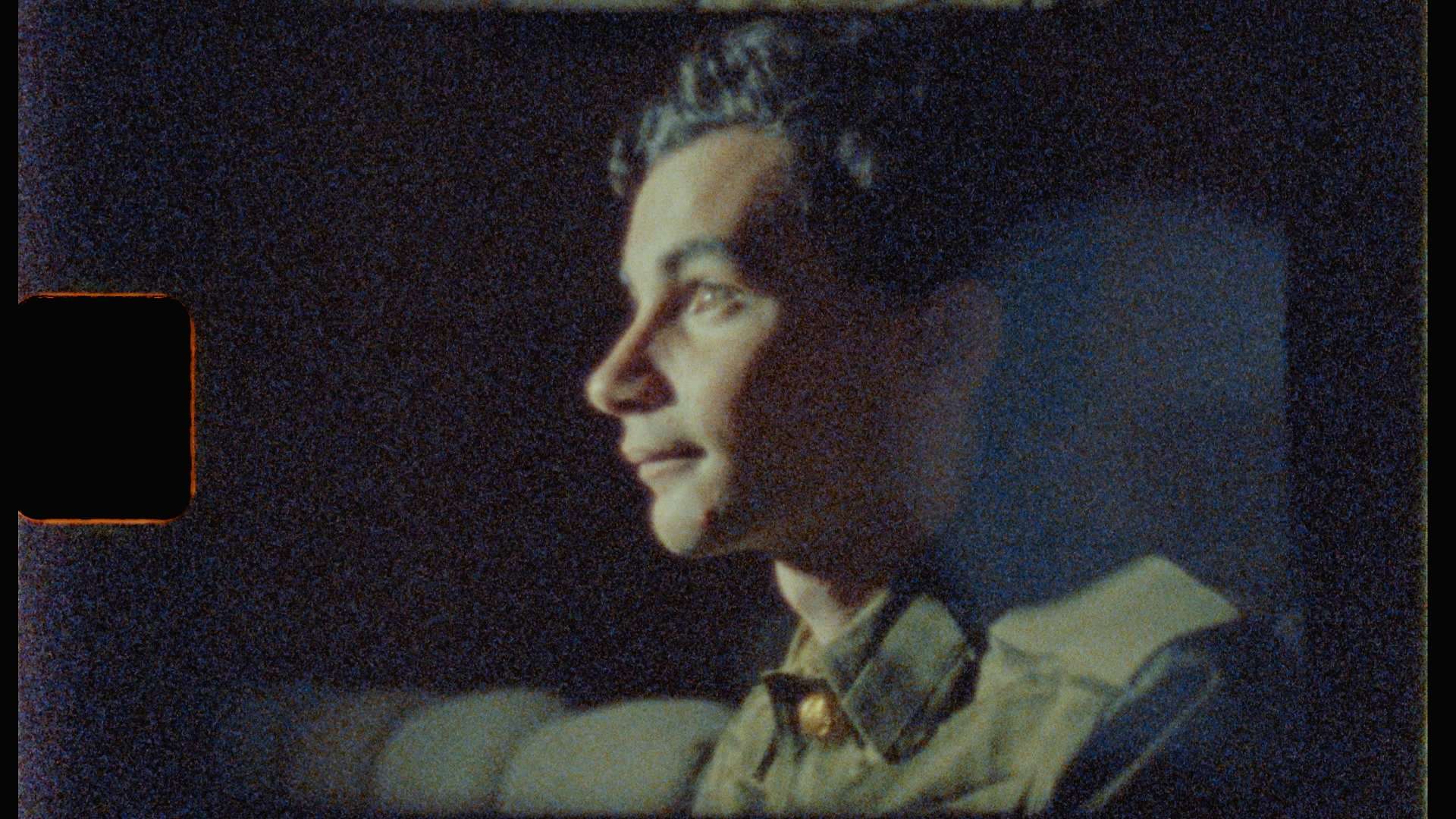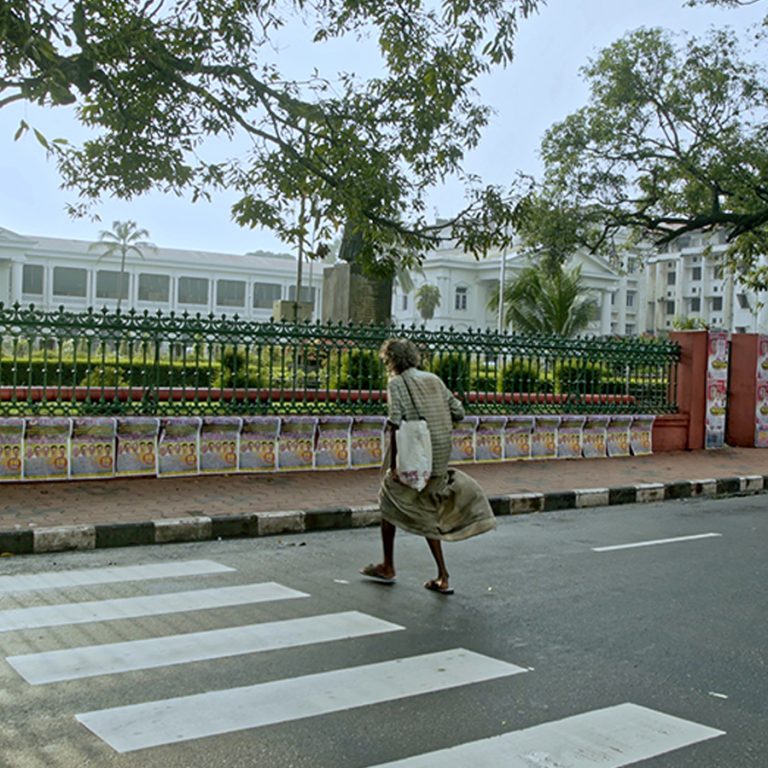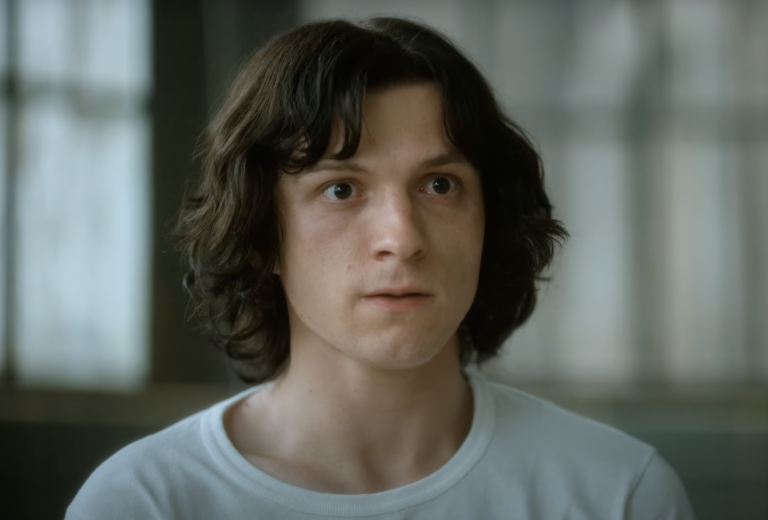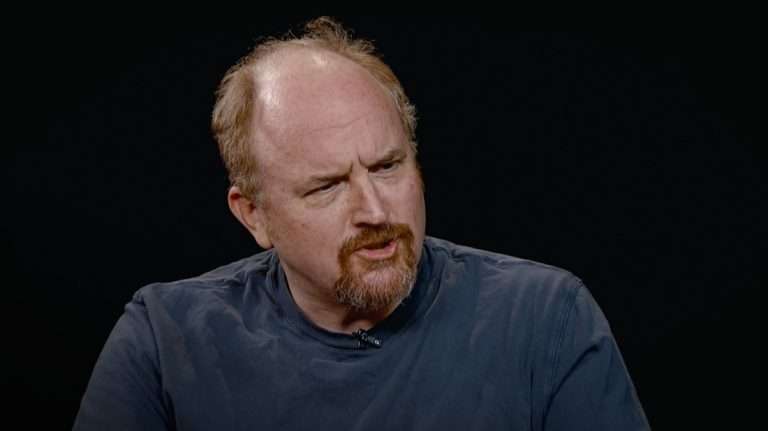A notebook is unearthed. Memories are recovered as the director Ida Marie Gedbjerg Sørensen attempts to wrestle meaning out of them while also integrating the present. The past is positioned not as something derelict but as one filled with rich signs and potential that are simultaneously useful and enigmatic. Mystery and playfulness work hand in hand with the longing and sadness inherent in the film’s vein. “The Lost Notebook” is a film redolent with the human urge to connect, communicate, and seek out one another, even if too much water has passed under the bridge. A delay in forging the connection provides a recurring ache as the people in the film stray from each other, nevertheless keeping up a faint hope in the relationship.
Sørensen stumbles across a notebook belonging to a late Hungarian who obsessively documented his cinema-going excursions across five decades. A precise figure is repeatedly highlighted- 2158. But the marvel lies in how he religiously and unfailingly maintained this tradition with specifics mentioning the film’s language, country of origin, and the particular single screen on which he watched it. A variety of inks connoted his preferences. He is no longer around but has passed on his love for the movies to his two sons and daughter, Szilvia. The elder son, Istvan, and his wife look after their grandchild, Attila, whose mother had given him up when he was barely three months old.
Slowly, the family dynamics turn out to be loaded with repressed, painful secrets and denials. The binding ties are vested with a confrontational possibility and deferred healing. Attila doesn’t even know Szilvia is his own mother, not his sister, as he has been told. As it comes to the fore, Szilvia has long struggled with building a functional life. She can barely hold on to a single job, which is why she may have passed on Attila’s responsibility to someone who could raise him with greater, sustained, nurturing security.
Attila is shy and deeply dependent on his grandparents, who are fiercely protective of him. When he has to part from them to make his own life, the yearning is mutual. It is one of those rare loving relationships where the child pines for the guardian when there would usually be resentment and distance. But we can gauge the depth of his neediness for his grandparents in the absence of his mother.

As a spent lifetime is resurrected, an archive of memories is slowly established. They are arrogated to a fine juxtaposition with social and historical chronicles. A portrait of evolving time emerges that not only charts cinema-going habits over the years but also presents a record of his country through the decades. Of course, this is no staggeringly inspired connection on the level of an artistic decision, but Sørensen is able to introduce a unique sense of wonder and warmth, refreshing familiar techniques with dollops of unexpected, cheeky innovation.
She interposes scenes from the bunch of older films the ardent cinemagoer mentions in his notebook, along with tracing his personal journey. His wartime service as a young boy meshes with the country’s temperament and its appetite for the changing cultural landscape. He mostly gravitated to action films; Sørensen teases the prevalence of this genre could be an expression of the public disenchantment with the authoritarian regime. This isn’t much dissimilar in spirit to the ‘angry young man’ crop of films embodied by Amitabh Bachchan that swept India in the 1970s and 1980s. Attila essays the central figure in the flush of his youth.
“The Lost Notebook” captures the gulf between people and the power of cinema to echo that, as well as its capacity to build a bridge, even if for a fleeting while. While the film isn’t wholly successful in tracking the changing decades of film history, although it tries to wade into it, including the obligatory notice paid to the New Wave era, it achieves real poignance and tenderness in Attila’s radiant vulnerability and deep pathos that immediately drenches the scenes in a spell of youthful tentativeness.
Does he even have a girlfriend, which he keeps mentioning to his grandparents, who are insistent on meeting her? The film leaves a rich scope for ambiguity. Could there be possibly something deeper and hidden in the friendship between him and his roommate? A breathtakingly aching juxtaposition between a scene between them and a cutaway to a queer tender moment from an older film activated a thrilling buzz in my mind. The beauty of this delicate film is in the tantalizing possibilities and space for intuition it lets us wander in.








